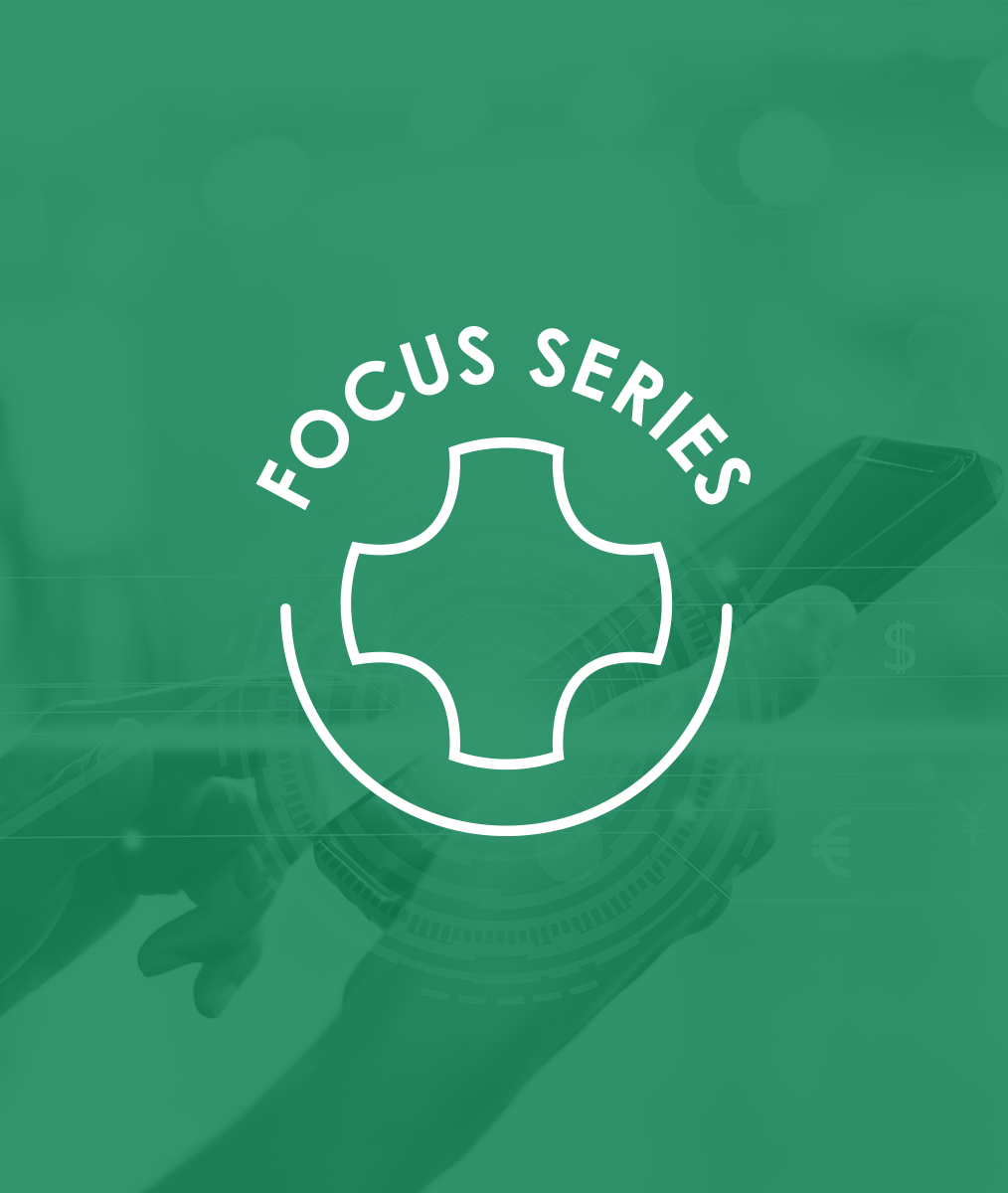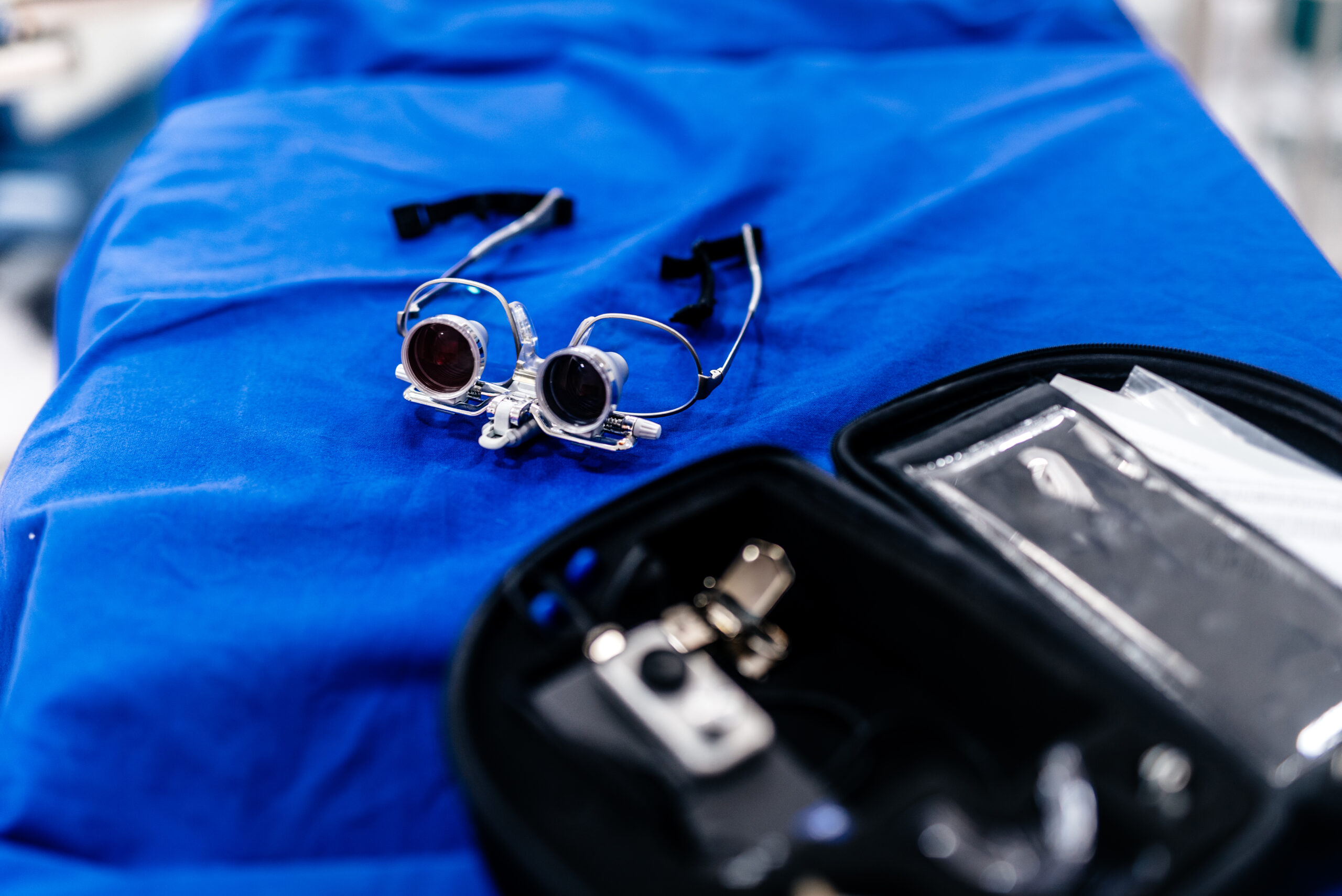
Partnering in Health Part 9: It’s Not Magic
By Mary Osborne, RDH
Developing a partnership begins with an attitude of curiosity. It stems from a belief in the possibility that by working together we can achieve more than either of us can accomplish alone. With an attitude of curiosity we can develop the skill of listening and asking questions before going too quickly to teaching and telling.
How do we help our patients see the part they can play in improving their health?
We can begin by inviting the patient to share with us what they know about their health. They come to us with attitudes, beliefs, biases, and concerns about their health, as well as specific knowledge of their history. The more we know about where they have been the better able we will be to help them plan their future. We will have information to share about what we find and recommendations for how to proceed, but if we listen first we honor their perspective. We can also begin to hear their aspirations for their health in general and their dental health in particular.
When dentists discover plaque or bleeding in an initial exam, they can tell the patient that the hygienist will help them with home care. But if we ask the patient if they would like help with home care and they say yes, we now have an invitation to give them information. The difference is subtle, but important.
You can also ask the patient if a solution they have thought of or a recommendation you have made is something they would like to try. A yes is a commitment on some level to share in the oral hygiene process with you. Inviting and asking means moving the locus of control from you to the patient. I recognize that that is not our default mechanism, so doing this takes intention.
How can we help patients to see us as a trusted advisor and seek our guidance?
One of the things that I have learned over the years is that, when I remember who is really in control of the patients’ health, I am better able to partner with them. This process may take a little longer initially, but I would like to suggest we have all the time we need. We have the lifetime of our relationships with our patients.
Once you agree that you have the mutual goal of moving toward improved health, you can invite them to deeper levels of conversation and understanding around health. You can avoid assuming what is best for them and help the physician inside each patient go to work. As they share their thoughts, they often become clearer about what they hope for.
When you are genuinely interested in your patient, you earn a level of trust that opens the patient to hear more about their existing conditions and your concerns for them. By making connections with them over what is possible to achieve and what they want to achieve, you create a bond that opens the patient to your expert perspectives. When you ask for and respect their input on solutions, they are more likely to commit to a solution.
When a new patient needs urgent treatment, how can we meet those treatment needs and still commence a lifetime journey toward health with the patient?
Of course, we want to help our patients with immediate treatment when disease conditions are acute, but we want to do so in a way that inspires the patient to see the bigger, more comprehensive health picture. We want to help them see health as a journey and see us as empathetic fellow travelers who understand their suffering. As we facilitate dialogue about the health outcomes of treatment, we uncover their broader health aspirations.
We intentionally deliver the message that we are here for them. We are interested in them and care about them as a person, and we let them know they can count on us to help them become healthier and maintain achieved levels of health. We do not allow the fact that the patient needed immediate relief to get in the way of a long-term commitment to their overall health.
How do we engage our patients in being curious about their total health?
At every visit, we can invite them into conversation about their health. The questions you ask will shape the conversation. Instead of “Any changes in your health history?” you might begin with, “How has your health been since the last time we were together?” Pause and listen to learn about your patient’s experiences, opinions, and feelings.
In my experience, this process respects the physician that lives within each patient and leads to continuous co-discovery and collaboration toward health. Every conversation can empower the patient a little bit more to become clearer about their knowledge, attitudes, beliefs, biases, and barriers. The insights developed over the lifetime of your relationship enable you to become a trusted advisor to your patients.
By exposing your interest about a range of health issues (diabetes, heart disease, obstructive sleep apnea, weight loss, smoking cessation, stress reduction, etc.), they will see you as a professional with broad knowledge and a worthwhile perspective. They will see you as a valuable resource. They will see you as someone who knows about health and ¾ more important ¾ someone who knows them.
Related Course
Creating Financial Freedom
DATE: March 6 2025 @ 8:00 am - March 8 2025 @ 2:00 pmLocation: The Pankey Institute
CE HOURS: 16
Dentist Tuition: $ 2795
Single Occupancy with Ensuite Private Bath (per night): $ 345
Achieving Financial Freedom is Within Your Reach! Would you like to have less fear, confusion and/or frustration around any aspect of working with money in your life, work, or when…
Learn More>






